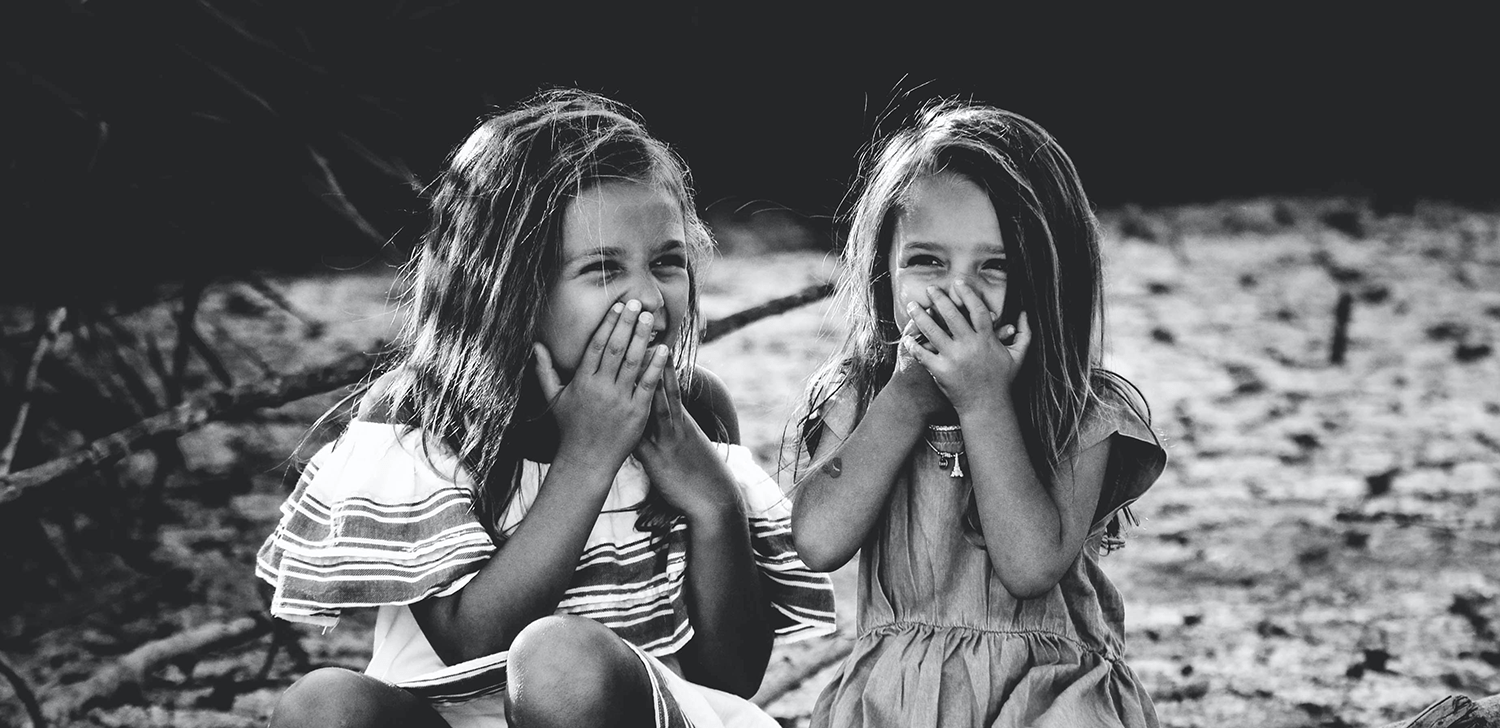
Can Parental Love Solve Our Children’s Biggest Problem?
This will be my last post, at least for awhile. Fear not Dear Reader, Marilee Comfort will be taking a turn as editor of the KIPS Cradle Blog. Marilee has over 35 years experience in the field to share with you. This post will discuss the largest problem we collectively face. I have attempted to write this post several times, but couldn’t seem to find the right words. Though difficult, I will try to find a means of expressing this.
Passing the Editor’s baton to Marilee provides an opportunity to reflect. What has the KIPS Blog been about? Put most succinctly, the 51 prior posts have explored the power of parental love. We have discussed how parental love can shield children from the impact of traumatic events and chronic stress, and how parental love can blunt the many negative impacts of poverty. We have discussed how trauma and the strain of poverty can prevent parental love from being fully available to children. On the other end of the spectrum, we have explored how parental love nurtures a child, promotes optimal health and development, and promotes character development. We routinely make the point that by assessing parenting, we can take informed and specific steps to support parents in improving interactions with each child. Also, by using a validated parenting assessment, we can measure the impact of our efforts to support parents, which guides improvement in our services and keeps vital funding flowing.
Reflecting on where we have been, I am struck by the extraordinary power of parental love. Is parental love powerful enough to cure the largest problem our children will face? I hope so, because without drastic and immediate action, our children’s children will face a horrific world. For me, this moved from a theoretical concept to a very real one just a little over a year ago. Due to Super Storm Sandy, we had to reschedule a training at NORWESCAP Early Head Start in Northern New Jersey. Six weeks after the storm, as I drove through the state I was amazed by the devastation as far as 80 miles inland. The NORWESCAP staff shared horrifying stories of how traumatized the low-income families who they served were. Fifteen months later, New Jersey still struggles to recover. My heart goes out to those traumatized families. It was after this storm that I noticed the main stream media stopped considering the existence of climate change an issue for debate. Only a year later, the strongest storm ever on record, Typhoon Haiyan, struck the Philipines, with greater destruction. Haiyan too was accepted as part of a changed climate.
Children Are the Most Vulnerable
This change in the media came 22 years after the Intergovernmental Panel on Climate Change released its first report in 1990 that eventually lead to the international Kyoto Protocol in 1997. Among most climatologists, climate change was settled in science long before 1997. Unabated, climate change will eventually leave tens of millions of children and families traumatized, orphaned, and homeless. Many will be victims of hurricanes/typhoons and sea level rise, as most of the world’s population lives near the sea (see the ipc link http://www.ipcc.ch/). Those inland will face increased disruptions from tornadoes, flooding, and blizzards. Global warming will likely cause increased numbers and severity of drought, leading to famine which disproportionately effects children. Further, growing desertification will cause displacement of many families. Tropical diseases will spread to areas where they are currently unknown. Worldwide Threat Assessment of the US Intelligence Community now includes climate change as presenting a potential threat that can lead to war. In all these cases, children, the most vulnerable will suffer the most. Climate change is a slowly advancing juggernaut and we are doing little to slow or stop it.
If we love our children, and even more so, our children’s children, how can we let this happen?
The research would predict that where parenting is strong, the impact of the trauma on children will be reduced. Knowing this makes the effort to improve parenting worth it. However, I hope that parental love might play an even stronger roll, moving us to take actions to prevent or at least reduce this fast-approaching fate. Please join me in taking action at the public and personal levels. Publicly we need to advocate and vote for policies that 1) reduce greenhouse gas emissions and 2) prepare us to face a future with a different climate. Personally, we can all take steps to reduce our own contributions to global warming, and prepare our children to cope with the consequences of climate change.
